Bad news for you, SPIN readers. When asked who would win in a street fight—SPIN readers or the cast of one of his operas—Ricky Ian Gordon did not choose you. “The characters I am drawn to are fierce, individualistic, brave, iconoclastic…and face gigantic obstacles, so I think all of my opera casts would win,” he says, without hesitation.
As a composer, Ricky tackles some of the most epic characters of all time, from his 2001 adaptation of the mythological love saga of Orpheus and Euridice to 2007’s The Grapes of Wrath. But if he had to pick one to compete in a theoretical cage fight, it would be 2014’s 27, about Gertrude Stein and Alice B. Toklas at their salon, 27 rue de Fleurus, in Paris during both World Wars. “Now, they were gay, Jewish, called each other husband and wife, Gertrude wrote much that was indecipherable, felt comfortable telling people like Hemingway and Fitzgerald when she thought their work was shit, and not only did everyone leave them alone, their unbelievably prescient, earth-shattering art collection was completely intact and untouched after World War II,” he explains.
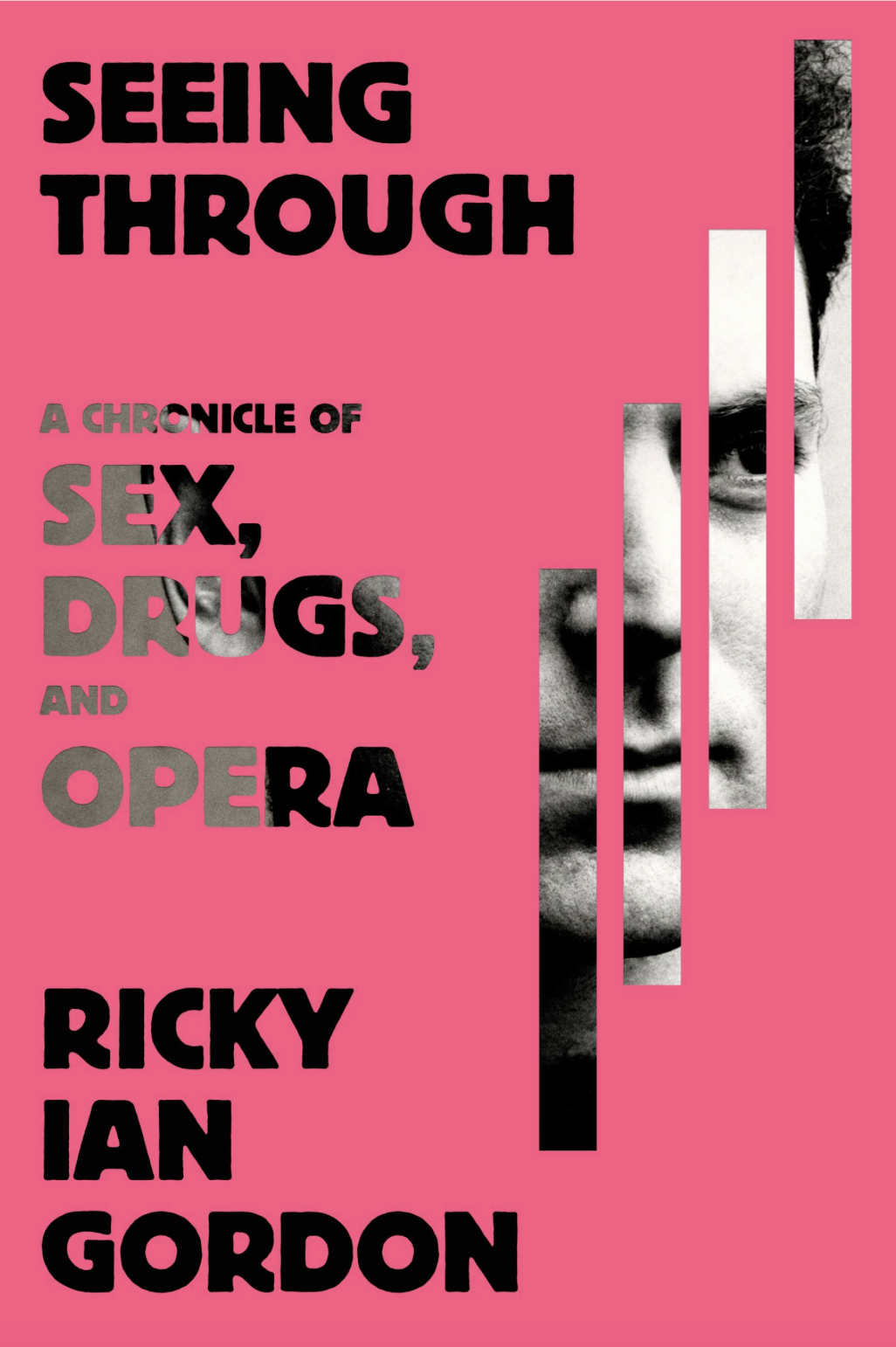

When I try to argue that we have Gen-Xers on our side—the mostly feral bareknuckle fistfighters—he simply states, of Gertrude and Alice: “Honey, that’s a lot to survive, GenX or GenQ. But it is hard to believe any of the SPIN readers could endure what the Joads go through in The Grapes of Wrath, or the Finzi-Contini family go through being Jews in Mussolini’s Italy on the eve of their bitter demise, in The Garden of the Finzi-Continis, or any of the seamstresses locked in to the Triangle Shirtwaist Factory on the day they were all burned to death in a building they couldn’t escape from, in [2015’s] Morning Star. Though I don’t doubt the resilience of your readers!”
Ricky Ian Gordon’s own story, described in his new memoir Seeing Through: A Chronicle of Sex, Drugs, and Opera, makes centuries-old myths pale in comparison to his own life’s story. Blanketed by his characteristic warmth and humor, Seeing Through takes us through his troubled youth growing up on Long Island experimenting with drugs and sex with older men, to losing his beloved partner during New York’s HIV/AIDS epidemic.
From Mozart to Joni Mitchell, throughout it all, his constant was his love of music.
Ricky’s newest opera, This House, with a libretto by two-time Pulitzer Prize-winner Lynn Nottage, is scheduled for 2025. Here he tells us, in stark honesty, more about his inspirational, larger-than-life journey.
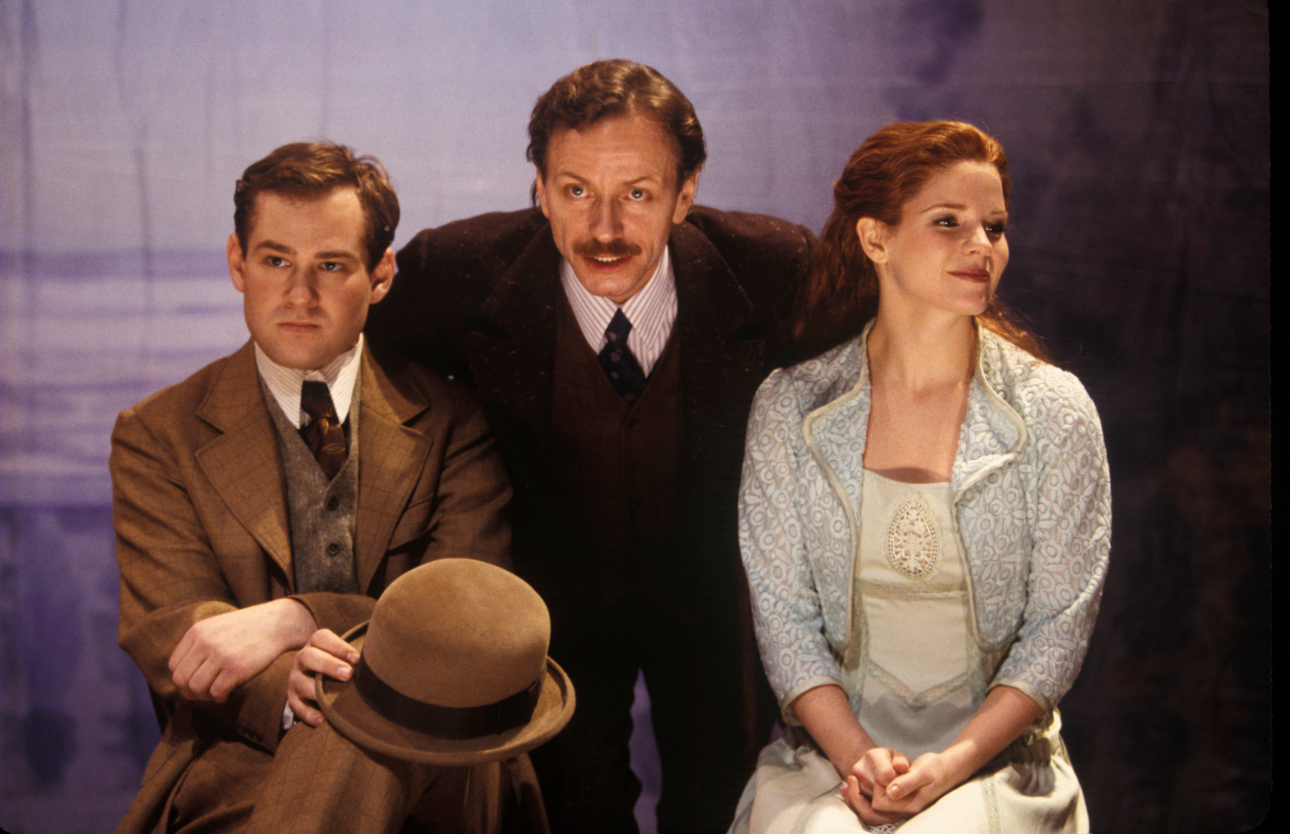

You’re such a ray of sunshine—how have you survived in a cutthroat industry?
Ricky Ian Gordon: As far as competitiveness goes, for me, it is not the world that is competitive, it is me. I’m terribly jealous and envious and competitive because I believe, deep down, I think I am nothing.
I am still trying to earn a place at the table and impress others. In my book, I talk about music as a lifeline and a cudgel, because when I love something, I wonder if I could do it, and when I dislike something, I am scared I already have done it. I am terrified of mediocrity.
Did you always dream of being a composer?
No. I actually got into Carnegie Mellon University as a pianist. But even then, I always had enough talent and “uniqueness” to open a few doors, but I was undisciplined, addictive, and prone to obsession. I was irrepressibly drawn to things, and without knowing what I was doing, I was building an inner aesthetic. I realized at CMU that it was clear I wasn’t meant to be a pianist. For one thing, I hated practicing.
I fell in love at that time, with Stephen Sondheim’s shape-shifting musical Follies Shostakovich’s “14th Symphony,” which was all settings of poems about death, my favorite topic, and a song cycle Ned Rorem wrote called “Ariel,” which used Sylvia Plath’s last and most feverish poems.
I realize, now, I was in agony inside myself, and looking at art and artists, painters, foreign film directors, and poets, and envying their outlets…I just hadn’t found mine yet. There was a year-long foray into acting at CMU as well because after I saw Taxi Driver I wanted to be Robert De Niro…but it didn’t last. I could only act if I did pushups and took speed. I think I just wanted to sleep with him.
How did this book come about?
On March 12th, 2020, all the shows in New York were postponed, including the opera I was commissioned by The Metropolitan Opera and The Lincoln Center Theater to write with Lynn Nottage, Intimate Apparel. Kevin Doyle, my spouse, and I, grabbed our little rescue dog Lucy and came upstate for what we thought would be at most a month, and it was two years—the pandemic. I started a writing group with some unbelievably talented writer friends of mine because we were lonely and isolated and I wanted to see what would happen if I concentrated on words, not notes. There was no point in trying to impress them with my dazzling writing style…all I had to share were my secrets.
You cover a lot of ground, so much of it gut-wrenching.
It was cathartic. An exorcism, really. I am somewhat frightened about the response, but on the other hand, excited to see what it will feel like to be so known.
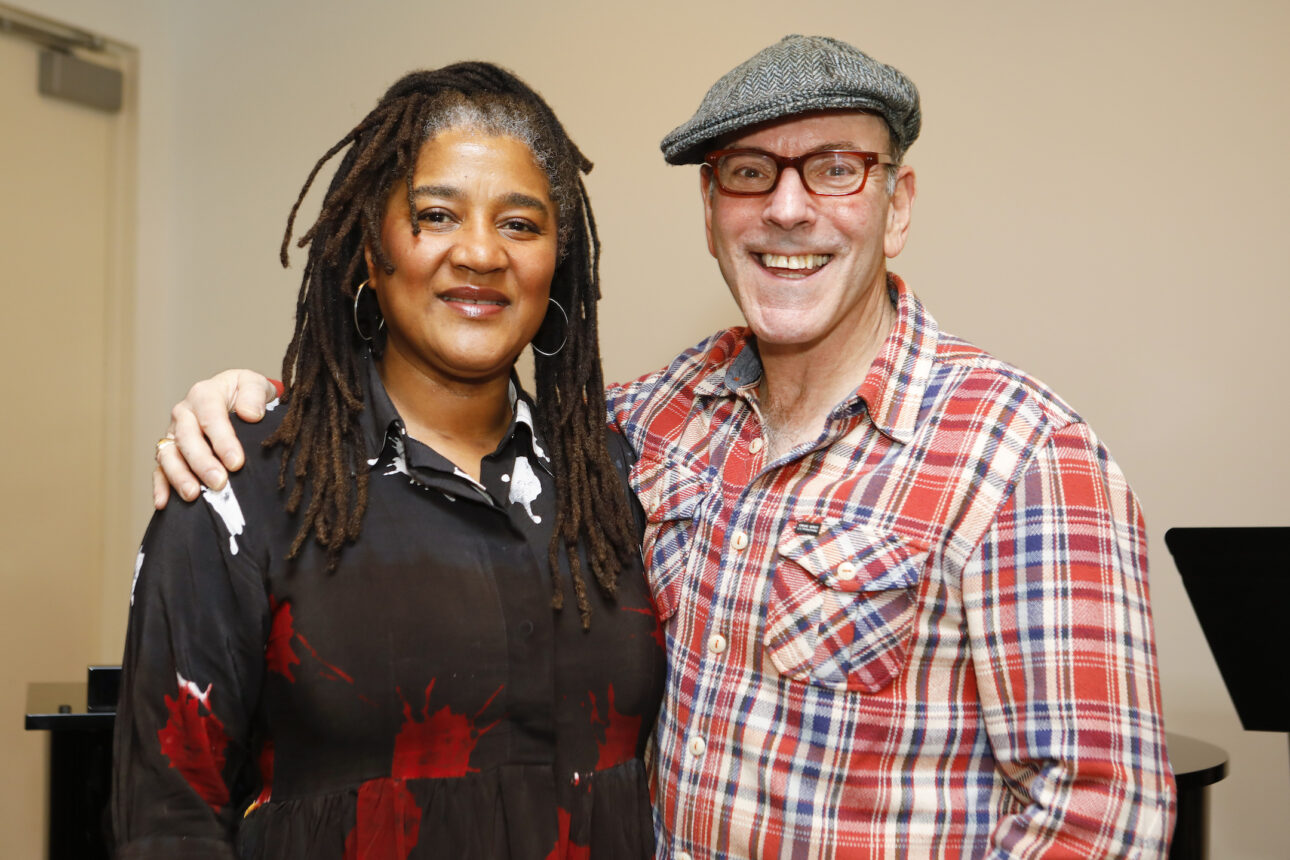

Who is this book peopled with?
A part of me wants to say ghosts, though many are still alive…but my dead sisters, my dead mother and father, my many friends who died of AIDS, including, finally, my lover, Jeffrey, people I have worked with, men I shouldn’t have had sex with when I was too young, colleagues and collaborators, big famous people — Stephen Sondheim, Joni Mitchell, Laura Nyro, Tony Kushner — who both dazzled and disappointed me, or who I woefully disappointed and offended, artists and works of art I admire, people who hurt me, people I hurt, and friends…is that enough? Oh, and one dog.
Your story about seeing a clairvoyant—who channeled a message from Mozart himself—is so remarkable, whether you’re a believer in psychics or not.
What I believe in is this… Yes, it depends on the skill of the arbiter—the astrologer, the psychic, the numerologist, the palm reader—but mostly, I believe in magic and miracles and I believe when the student is ready the teacher appears.
I went to an Indian astrologer, Rakesh Singh, many years ago. It took about a year to get an appointment with him, and when you met him, it was at night in the lobby of a bank building he worked in. He told me, “Much of your opportunity will come from people of color,” and he was dazzlingly correct. I asked him why, and he said, “You did them a good turn in another life,” so I assume I was Abraham Lincoln.
When the clairvoyant, Barbara Stabiner, gave me Mozart’s message, the part of my brain that needed it, that could make sense of it, accepted it and learned a valuable lesson from it.
As for the psychic who told me [American composer-lyricist] Adam Guettel had me stabbed in the back in another life: She was right. I remember it.
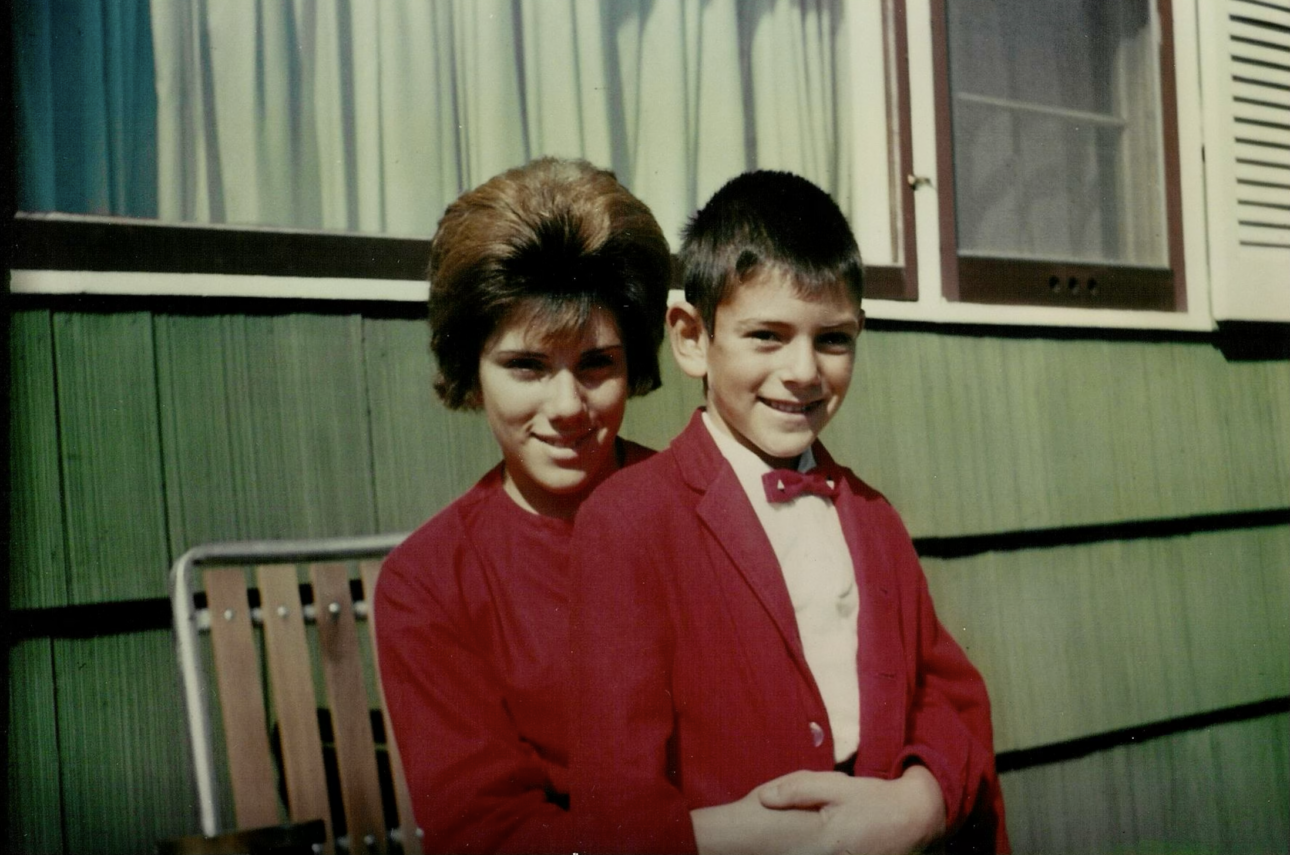

What do you love most about your life as a composer? And what’s the biggest misconception about it?
I love that you spend all this time alone, but there’s a room full of people all focused on one thing, and that is a community you created. I love that I have an outlet for my unbelievably varied and chaotic inner life. I love that I make beauty…that though I detest many, many things about myself, I love my music. I actually think I am talented! And I like my words too! There! I said it.
The misconception is when people say, “You’re so lucky! You are doing what you love with your life.” As if it’s easy to do and facing the blank page every day is like skipping rope…honey, it ain’t.
I remember you telling me about Ellen West and how her story inspired you. To me, it’s a brilliant display of compassion. You’ve adapted some big stories—was the process different for approaching Ellen West’s story?
In a way, no. Though writing [2019’s] Ellen West sent me to antidepressants, I don’t believe it was the story. It was the culmination of stored trauma that finally erupted in the writing of that piece and in the facing of my primary wound, being criticized and made fun of, being such a prominent part of what I had chosen to do with my life. It’s like a scab is always being ripped off.
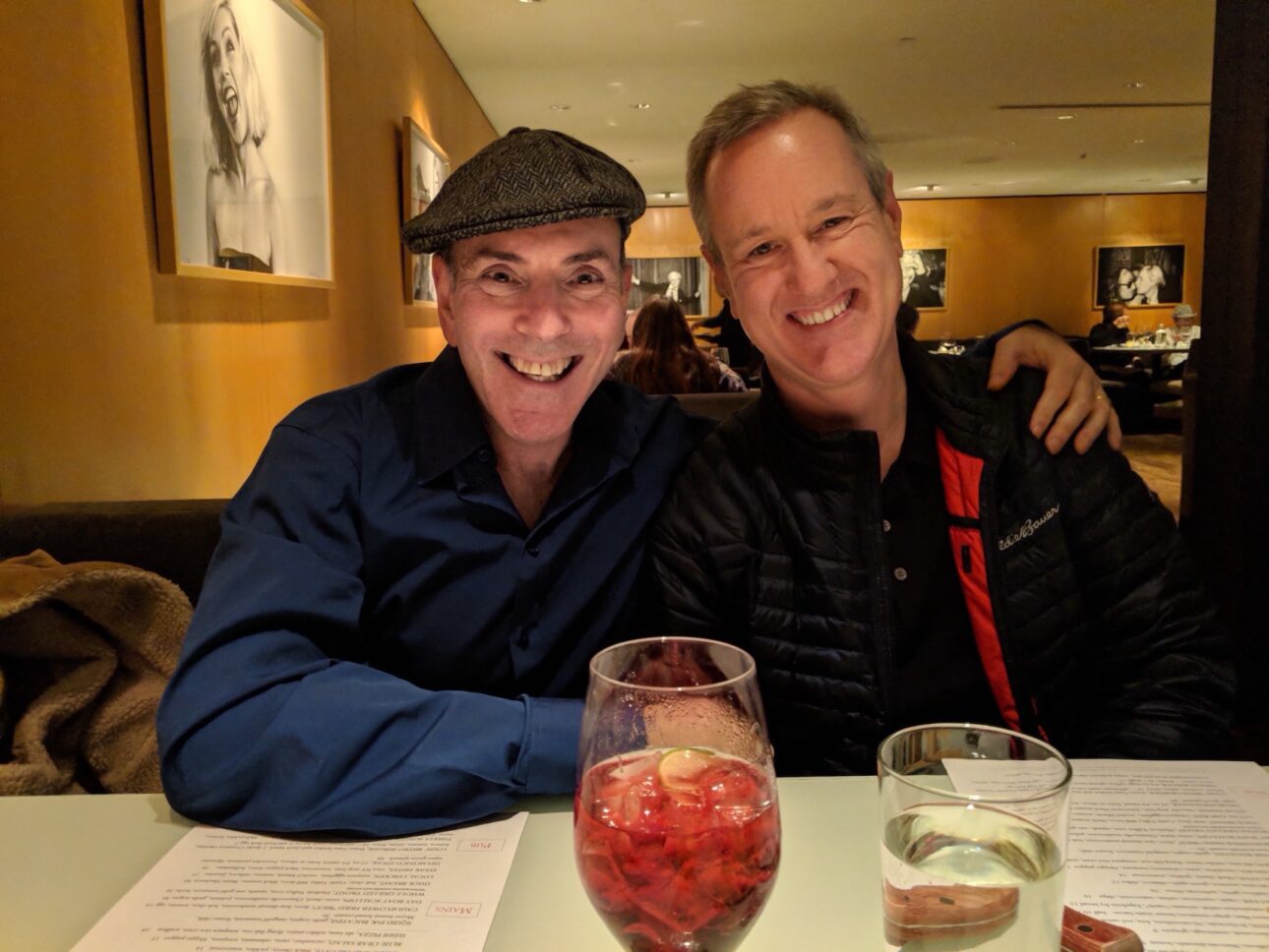

Ellen West is, above everything, about a human being who will never feel like they [were] enough, thin enough, [female] or male enough, beautiful enough, smart enough… these are all issues I face on a daily basis. I run myself ragged trying to be some idealized version of myself I never find and that clearly doesn’t exist.
But in general, writing every piece has its joys and its challenges and you are entering that story as deeply as you can and musicalizing it to the best of your ability. I am grateful I have gotten to give so many great, great stories life in a new form. Grateful to have entered the lives of so many great indelible characters and work with one great writer after another. My collaborators, gods. What a privilege, and dare I say, a service, it all is.
You are also an exquisite poet. Can you tell us a little bit about your inspiration and process?
Poetry has been my life, reading it, memorizing it, setting it to music, hearing it set to music…even the word, poetry, that which encompasses only the deep and meaningful, and excludes the detritus. Whereas I can write music every day, poems burst forth from me—they are suddenly there, a gift from the universe. I write about what I love, what I hate, what moves me, what repels me, and what I cannot find any other way to write about then in a poem. I love words.
Any regrets?
Well, it’s too late, but if I had it to do over again, I would value education, tamp down my inner hedonist, read everything ever written, be an athlete so I’d have the body of a Greek god. But I am who I am, and this book would not exist if I had been a good boy. Oh, I wish I knew from birth how bad the sun is for your skin, because then I’d have skin like Bernadette Peters, whose mother never let her in the sun. Finally, I regret how much fear and shame have stymied me.
Advice for anyone hoping to build a career as a composer? What are the top three traits they’d need to have?
An artist, including a composer, must recognize early on that their art, their muse, is like a flame inside them, and everything they do with their life, every movie they see, every piece of music they listen to, every book they read, every poem they memorize, everyone they allow themselves to love, and hate, is fodder for the imagination, the bellows to the flame. So the more input, the richer the output. As Charlie Parker said, “If you don’t live it, it won’t come out of your horn.”
So the traits: curiosity, discipline, and faith in one’s imagination.

